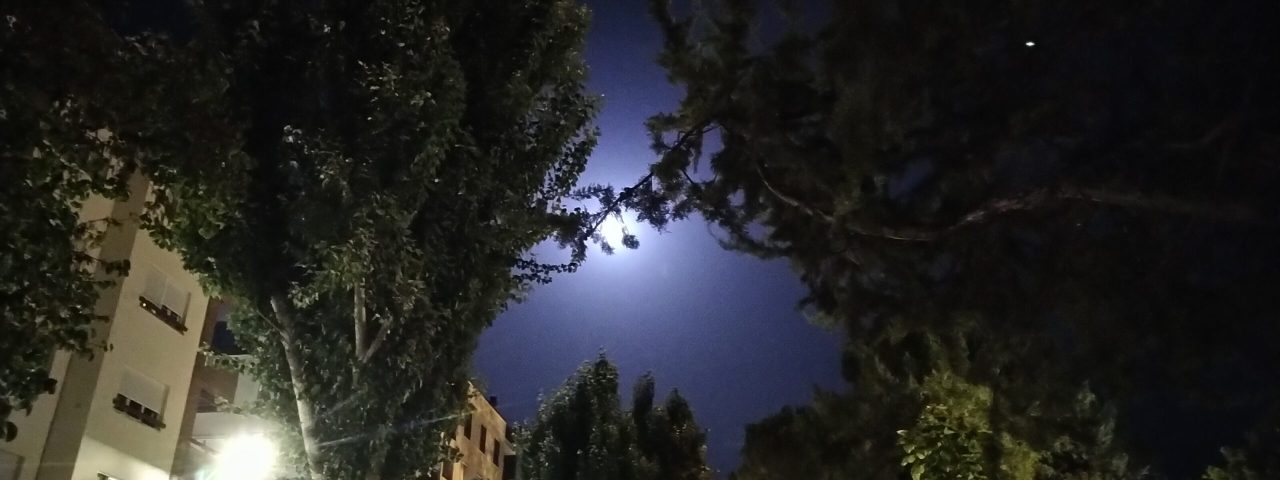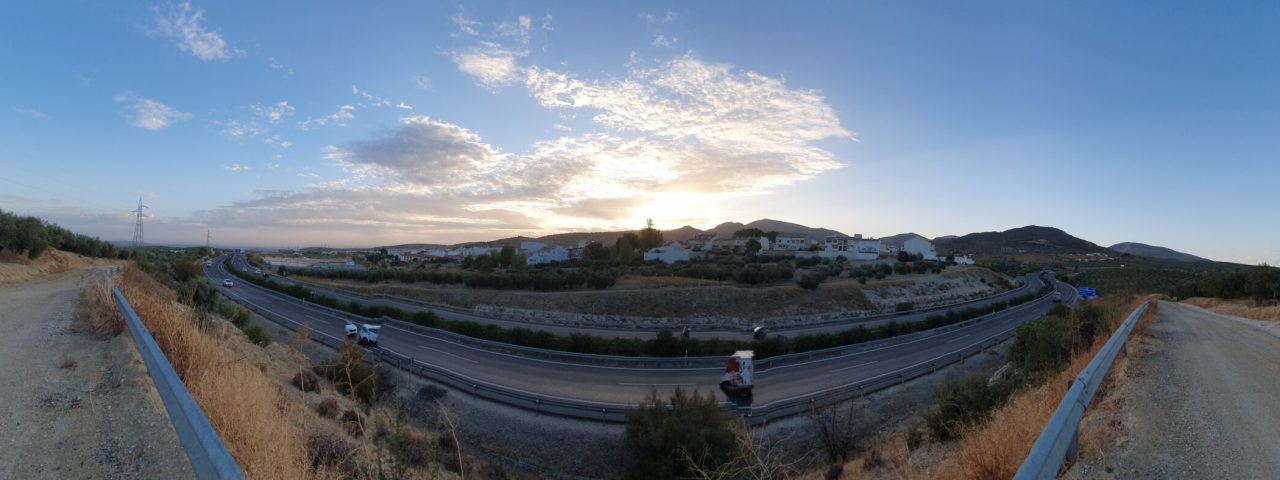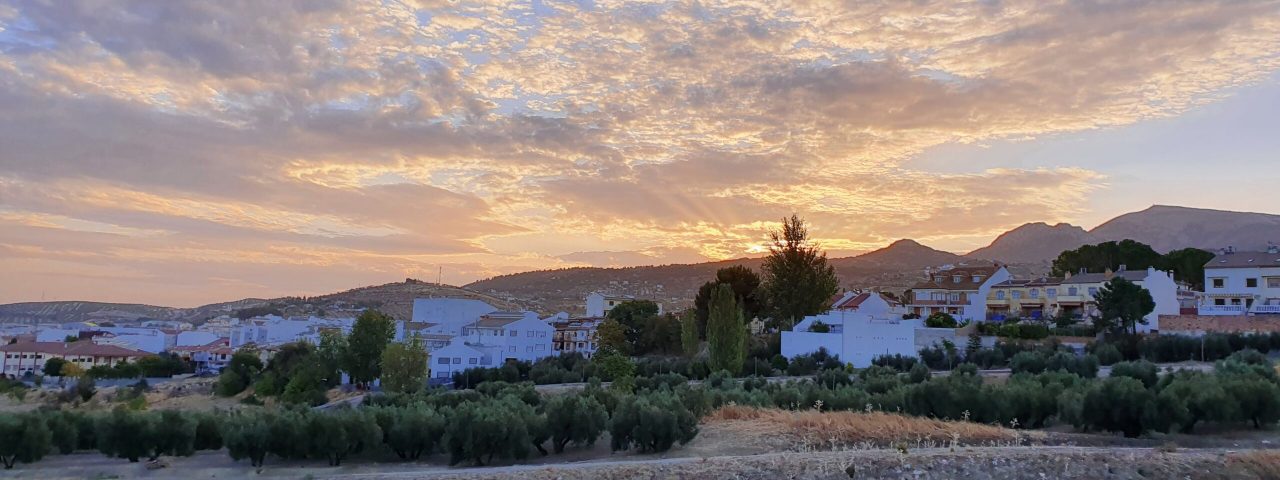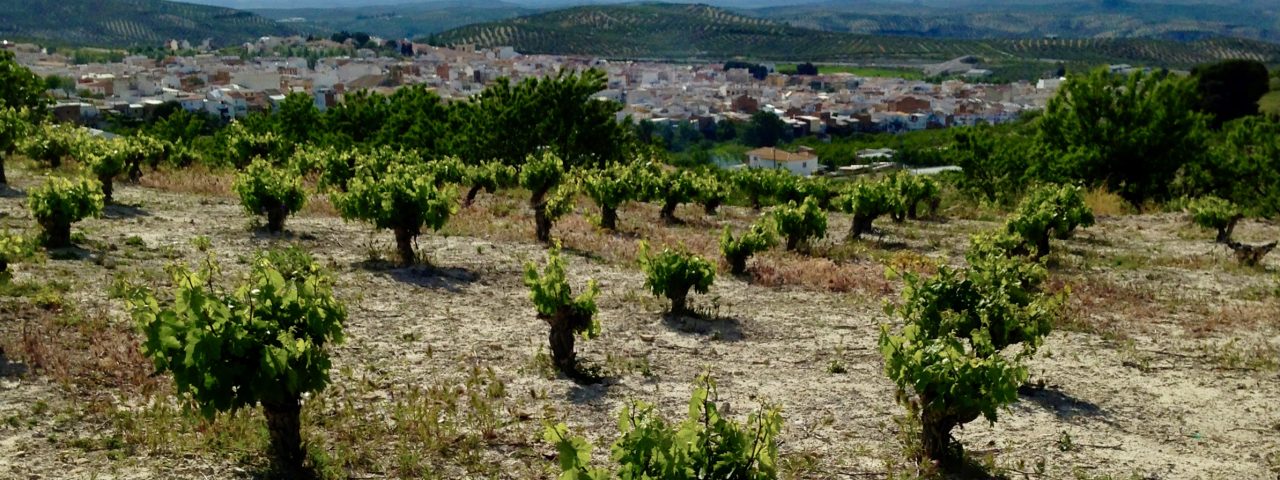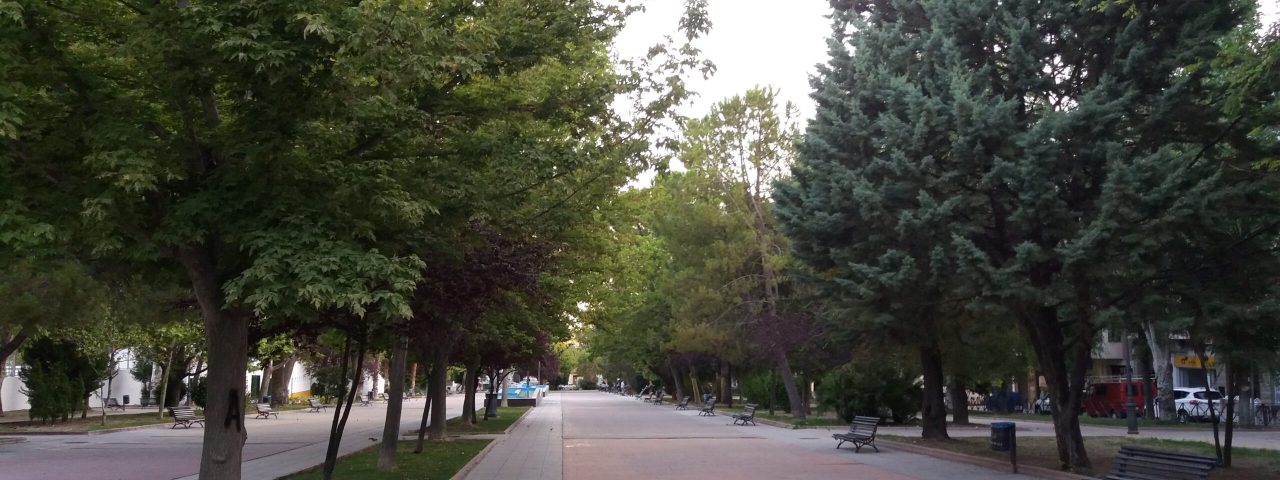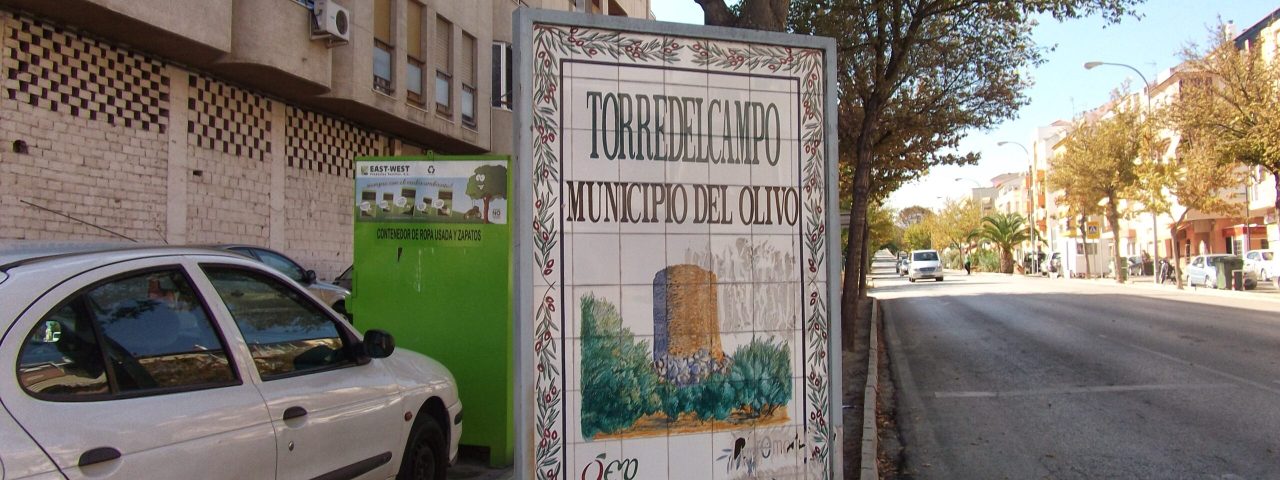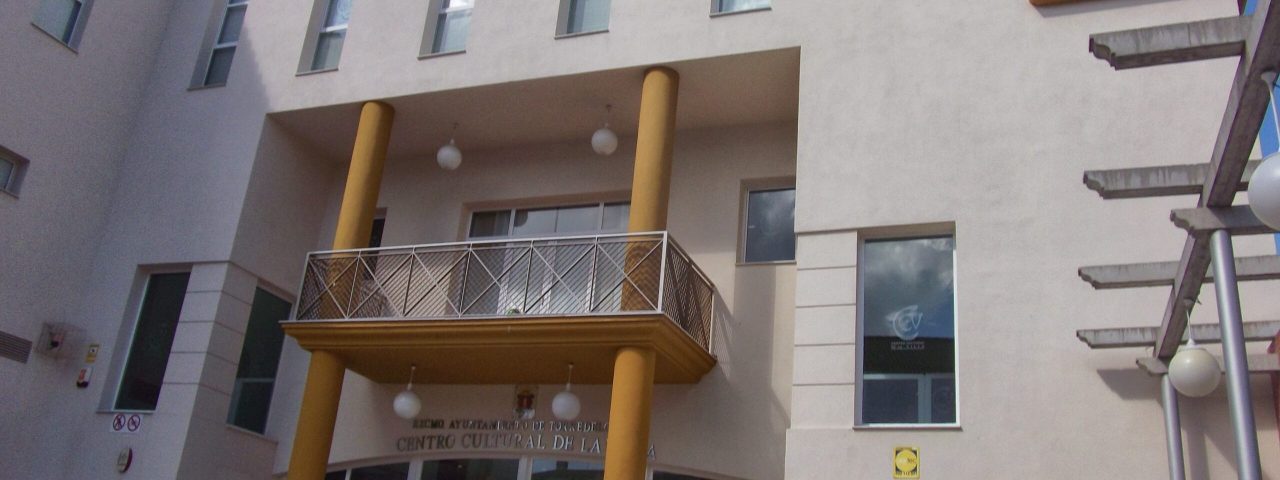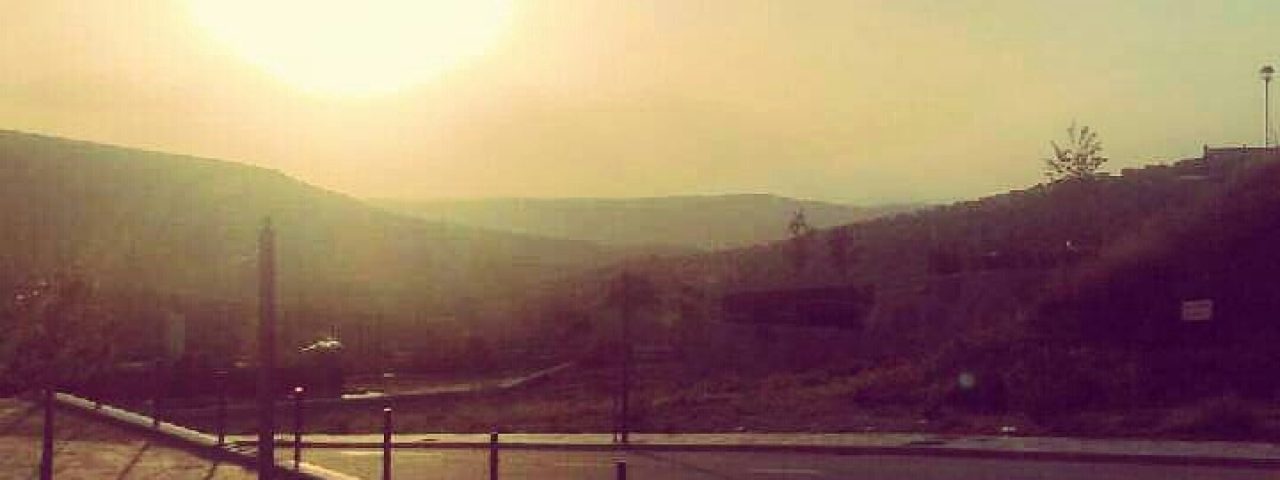Torre del Campo’s history dates back to ancient times, with Roman, Moorish, and Christian influences all leaving their mark on the city. Its strategic location made it an important settlement during the Roman Empire, and later, under Moorish rule, it became part of the vast network of fortified cities across Andalusia. The city’s name itself, which translates to “Tower of the Field,” refers to a watchtower that played a significant role in defending the region during the Reconquista, the Christian reconquest of Spain.
Culturally, Torre del Campo retains a strong connection to its agrarian roots, particularly its olive oil production, which has shaped both the economy and traditions of the area. The city celebrates numerous festivals throughout the year, with the “Feria de San Bartolomé” in August being one of the most popular. This week-long fair is a vibrant mix of traditional music, food, dance, and processions, drawing both locals and visitors.
Local customs are deeply tied to religious and agricultural traditions, such as the “Romería de la Virgen de la Cabeza,” a pilgrimage that honors the city’s patron saint. Visitors will also encounter a warm, welcoming community eager to share its rich cultural heritage.
